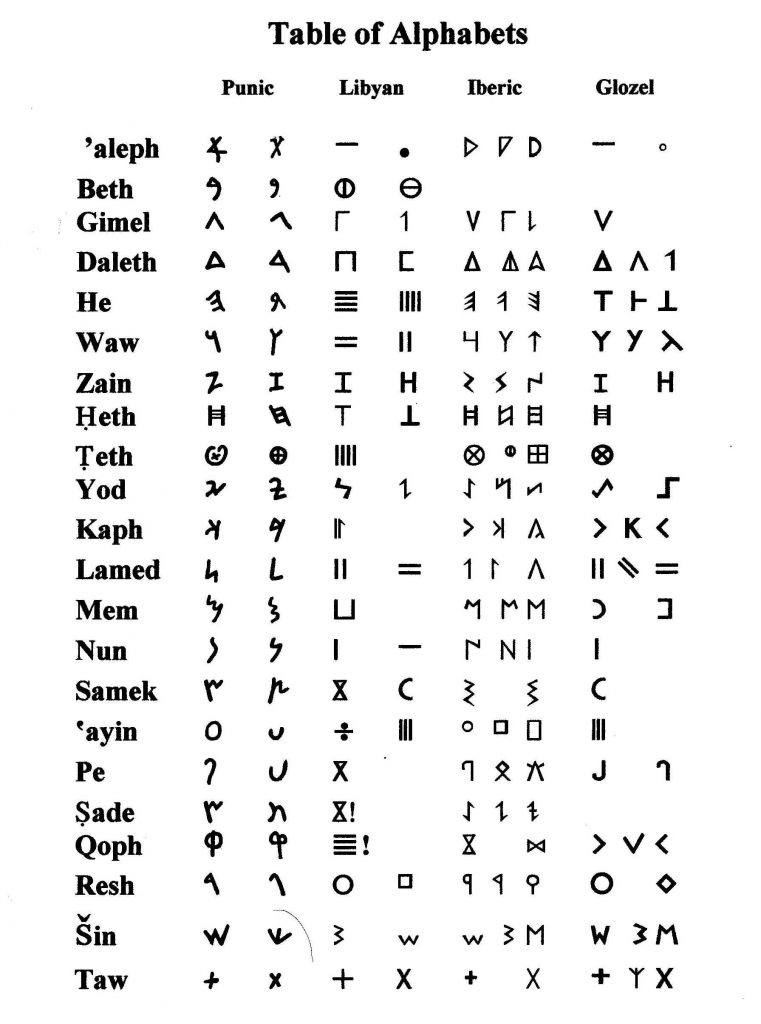
People avoid having 13 guests to their party or event and Friday the 13th for many is very unlucky. The fear extends to manufacturers and companies. Tall buildings use different methods to name the 13th floor. The Mayan calendar ended with the 13th Baktun, which was believed to bring the apocalypse in 2012. Number association might be the reason why many cultures try to avoid number 13. Many believe that number 12 is a complete number, relating it to the zodiac signs and the apostles.


Skeptical Inquirer magazine paranormal investigator and senior research fellow Joe Nickell said that the number 13 is odd (queer or peculiar). Did you know that the fear or avoidance of the number 13 is called triskaidekaphobia? In many countries around the world, including developed countries such as Norway, Sweden and the UK, the number 13 is considered an unlucky number. Norwegians consider it a sacred number because its folklore contains many stories with the number 9. However, in China, it is a lucky number as it’s considered as the emperor’s number. Airlines and hospitals in Japan avoid the number for this reason. The sound of the number 9 in Japan is very similar to the Japanese term for ”torture.” It’s avoided because it is considered an unlucky number. The same belief is true in Japan and South Korea, and other Asian countries where Chinese is spoken.īut the belief is not applicable to Germany where the number is considered lucky, because it is associated with the ”four-leaf clover” which is a symbol for luck. Therefore, buildings in China do not have a fourth floor, well, not physically, but in the buildings’ elevators, number 4 is not included. The Chinese consider the number four an unlucky number since its Chinese pronunciation sounds like the Chinese term for ”death.” There are numbers they need to avoid and numbers that are auspicious to them. It’s fascinating to learn how other cultures attach specific meaning of numbers. They attach different meanings to many objects, colors, images and numbers. Meaning of Numbers in Other Culturesĭifferent cultures around the world have varied beliefs, some due to religion and some due to traditional beliefs. The level ofĭifficulty rises when you consider that some of the numbers may have favorable meanings in some countries but may not be encouraging to other nations. But some difficulties can arise when the association of the numbers comes from superstitions, religion or mythology. When you have materials translated into other languages or your website localized, numerical conventions and measurements, including phone numbers, addresses, dates and time are covered in the localization process.

You might have your website translated, localized your marketing collaterals and made changes to your product branding so they are adapted to local culture.īut you also have to see to it that you do not forget the numbers since they can make a great impact that you might not have thought possible. These associations often come from traditions and beliefs passed down through the years. Global business owners have to understand the meaning of numbers and number associations so they can create better marketing strategies.

Aside from spiritual meaning, many numbers also a deeper symbolic meaning, and it’s essential to gain a deeper understanding of these meanings to understand how they affect the physical world within different cultures. There are deeply spiritual meanings behind certain numbers that tie back to one’s life path. However, for several cultures, the meaning of numbers follows age-old traditions and cultural beliefs. Many people take numbers for granted because they have always been there. It is considered the most effective because of the symbol ”zero.” Moreover, you can write the numbers in numeral, such as 1, 2, 3, 4, 5 or words, like six, seven, eight, nine and ten. In the late 14th century, the Hindu–Arabic numeral system became the most common system used around the world to represent the numbers. The Romans created the Roman numerals, using the Roman alphabet. A numeral system was invented by the Egyptians, which was improved by the Greeks. A numeral is a representation of a number. A number also stands for a position or amount in a series. Natural numbers are symbols or units that are part of a calculating and counting system. The thing that should be considered is that some numbers that are considered unlucky in some countries are lucky in other countries. The spiritual meaning could be auspicious or ominous. The meaning of numbers can be different across cultures.


 0 kommentar(er)
0 kommentar(er)
